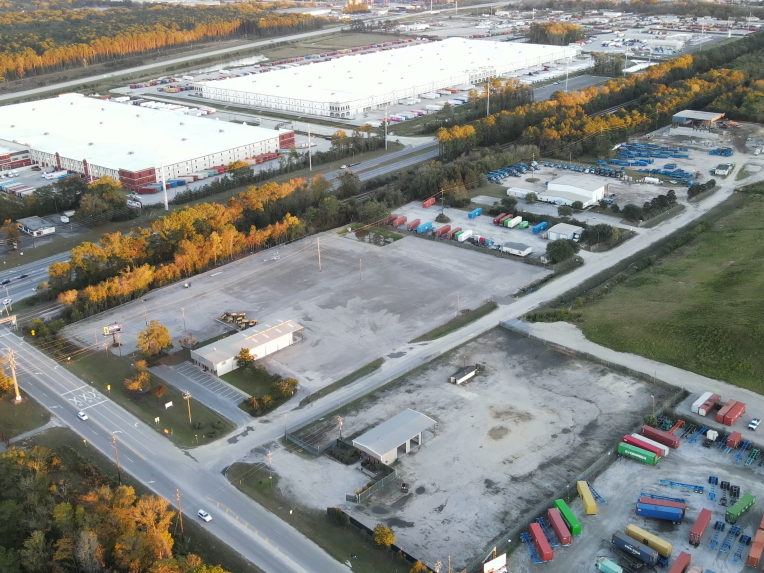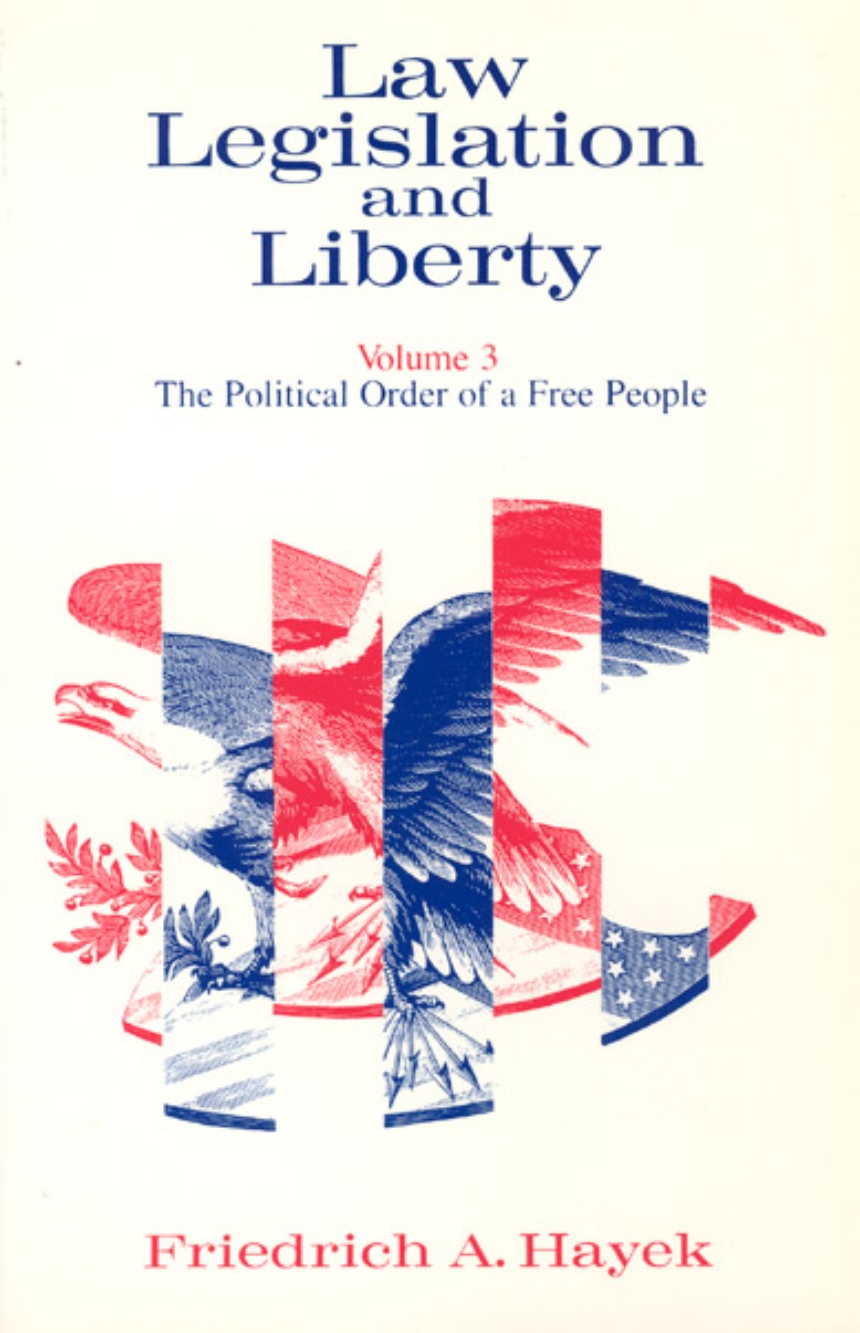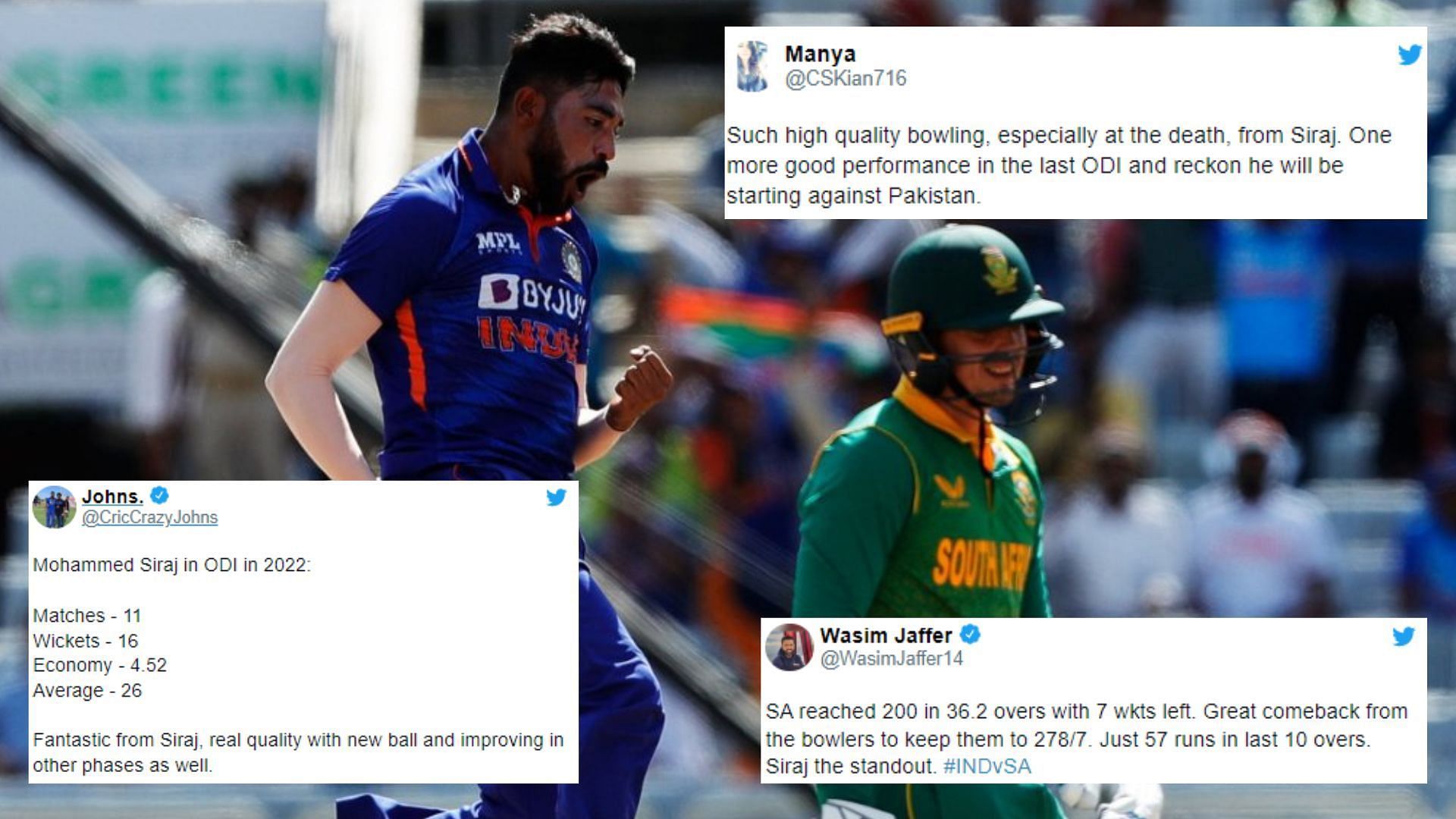Seattle Center’s Memorial Stadium could soon be transformed from a dilapidated concrete bunker into an airy new venue for concerts, cultural events, 2026 World Cup training and perhaps even professional soccer or rugby, in addition to high school sports and graduation ceremonies.
That’s the picture that Seattle school and city leaders are painting in documents and interviews as they seek a private partner to demolish the aging structure, rebuild it and operate it — and to help pay for a big-ticket project that’s already been earmarked more than $100 million in public funds.
The global sports and entertainment company behind the recent development of Seattle Center’s Climate Pledge Arena, Oak View Group, plans to reply to a request for proposals, or RFP, released Monday by Seattle Public Schools and City Hall. Soccer luminaries are paying attention to the project, as well.
At the same time, school and city leaders say student-related activities would retain scheduling priority at a new Memorial Stadium throughout the school year. They say using a public-private partnership to redevelop and care for Memorial Stadium could yield a better venue for students while helping the cash-strapped school district save money on operations.
“This has been years and even decades in the making. Now’s the time,” said Marshall Foster, interim director at Seattle Center, a city-owned campus.
Stadium history
Built in 1947 on land owned by Seattle Public Schools, with a Memorial Wall dedicated to students who died fighting in World War II, Memorial Stadium can accommodate 12,000 spectators and is a longtime home for high school football and soccer games, plus concerts in conjunction with music festivals like Bumbershoot. The stadium hosted the Seattle Sounders many years ago, before the club joined Major League Soccer, and the OL Reign of the National Women’s Soccer League as recently as 2018, when they were known as Seattle Reign FC. Today, student teams are the main users of the venue, with players from both public and private schools competing.
It’s a legendary setting, despite the obvious decay, and almost synonymous in Seattle with high school football, said Monte Kohler, the athletic director at O’Dea High School and the school’s football coach since 1985.
“I love Memorial [Stadium],” Kohler said Tuesday. “There have been so many games and so many kids who have been able to play there.”
School and city leaders have wanted to redevelop the stadium and integrate it with the rest of Seattle Center for years because the structure is outdated and includes concrete walls that give the space a fortresslike vibe.
Plans to raze the stadium date to 2009, with stops and starts since then. In 2017, SPS and the city agreed to jointly pursue a new stadium and possibly a new school at Seattle Center. Not much happened until 2021, when they resumed planning for the stadium’s redevelopment, contingent on voters approving $66.5 million for stadium upgrades as part of a 2022 property-tax levy for Seattle Schools capital projects. The ballot measure passed, leading to a more detailed agreement in November and Monday’s RFP.
Request for proposals
The RFP seeks an experienced partner to invest, redevelop, operate and maintain “a new financially sustainable Memorial Stadium as a state-of-the-art multi-purpose sports, educational and entertainment stadium.”
Seattle Schools is committing $66.5 million to the project, while the City Council recently allocated $21 million, promising to add $19 million more by 2026. And Gov. Jay Inslee has proposed $4 million for the project in Washington state’s next capital budget, subject to approval by the Legislature this session.
Monday’s RFP doesn’t say how much additional money the private partner is supposed to invest, nor how much the entire project could cost, though Foster said Tuesday that a review of comparable venues suggests the overall price tag could be $150 million to $200 million. The RFP says the private partner would carry out the project and be responsible for any cost overruns.
“There’s a very healthy private contribution that’s going to be required,” Foster said. “We’re just not saying exactly how much, because we want their creativity in how they can keep costs down and achieve a great building.”
The RFP says the city would lease the property from the school district on a long-term basis and then sublease the site to the private partner. The city needs to be involved because it manages Seattle Center, Foster said.
The project would involve the site of the existing stadium and could also involve the parking lot between the stadium and Fifth Avenue. The Memorial Wall would need to be preserved and incorporated into the new venue.
The RFP says the new stadium would need to seat at least 8,000 people, but Foster said he expects proposals to include many more. The project would need to add a new public space between the stadium to the Seattle Center’s International Fountain area, extend a walk-bike corridor from that area to Fifth Avenue, and reserve space for Seattle Center workers and equipment.
The RFP says the private partner could sell naming rights to the new stadium, as long as “Memorial” remained part of the new name.
Stadium uses
The RFP says Seattle Schools would get priority scheduling at the new stadium from Sept. 1 through June 30, plus one day each summer for an all-city marching band performance. Typically, according to the RFP, the district uses the stadium for football and soccer games three to four days per week during much of the school year and for up to 12 graduation ceremonies each June.
The city would get priority scheduling for major festivals, the RFP says.
Foster stressed that students would remain the primary users of the stadium but said the hope is that the new venue would regularly host other users, including concerts, cultural events and nonstudent sports, mentioning the Reign and the Seattle Seawolves rugby team as intriguing possibilities. The Sounders and Reign currently play at Lumen Field, usually in front of less-than-capacity crowds.
The site might be too small for the Sounders, but “I wouldn’t rule anything out,” he said, noting the Sounders have academy and lower-division teams, like the Tacoma Defiance.
The RFP says a new stadium would need to be ready by the end of 2027 and says completion by March 31, 2026, is preferred. Then it could host training or be a support facility for the men’s World Cup that year, which will include matches in Seattle.
School district
A private partner at Memorial Stadium could save Seattle Schools “many millions” of dollars, according to the school district’s interim deputy superintendent, Fred Podesta, partly because the partner would build a better stadium than the school district could afford otherwise and partly because SPS would no longer have to spend to manage and maintain the venue. Managing the existing stadium costs Seattle Schools a few hundred thousand dollars each year, and the district hasn’t been able to keep up with the site’s maintenance, he said.
“It’s directly tied to our current budget situation,” Podesta said. “It gets the district totally out of the day-to-day expenses for operating this facility.”
District staff and SPS board members are looking for ways to save because the district is projecting a budget shortfall of about $131 million for the next school year and about $92 million the year after. They’re talking about reducing staff and merging schools, among other options.
SPS board member Vivian Song Maritz, who represents the area that includes Seattle Center, called the new stadium plan a “once-in-generation opportunity” to improve a high-potential venue and shed Seattle Schools costs.
“I think the district should be operating schools and not necessarily event spaces,” Song Maritz said. “I think a developer could really help us transform this into what I think this physical space is deserving of. It’s just a fantastic location.”
The parking lot by the stadium brings Seattle Schools a couple million dollars each year. Any proposal to redevelop the lot would need to bring the school district an equal or greater amount, the RFP says.
Initial reactions
The deadline for proposals is May 2. The RFP says a partner will be announced later that month, with negotiations likely to continue into July on agreements requiring Seattle School Board and City Council approval.
Councilmember Andrew Lewis, who, like Song Maritz, represents the area that includes Seattle Center, is enthusiastic about the plan for the stadium, which he described as the last piece to a revamped Seattle Center puzzle.
Some people reasonably get nervous when government agencies invite private parties to do business on public land, Lewis acknowledged.
But “as long as you have the right arrangements” to prioritize students, it’s worth the risk, he said, citing Climate Pledge Arena as a success story.
“There are ways to make sure the public interest is well-protected,” he said.
Foster said multiple potential parties have expressed interest in Memorial Stadium at points — not just Oak View Group, but also AEG Worldwide.
Oak View Group founder Tim Leiweke said Tuesday that his company has been looking at the stadium for “quite a while” and will partake in the RFP process.
“It fits in with everything we’ve done in that area with [Climate Pledge Arena] and our partnership with the city,” Leiweke said.
Leiweke wouldn’t say whether he envisions a stadium that could someday house the Sounders, saying instead that he’d prefer to first look more closely at “the specific details” of the RFP. Adrian Hanauer, majority owner of the Sounders, has long contemplated converting the stadium into a facility of about 30,000 seats, like the homes of many European clubs and other Major League Soccer teams.
Leiweke said Hanauer “is partnered with us on all of our Seattle ventures” and would have a role to play at Memorial Stadium. Hanauer said by text Monday night that he’d “been tracking” the city’s plans for the stadium.
On Tuesday, Reign coach Laura Harvey recalled “amazing memories” from the team’s time at the stadium, including a 5-0 win over Portland. “Having a modern stadium on that complex was always a dream,” and bringing high-level soccer back “would be a fantastic thing for the city,” she said.
Staff reporters Jayda Evans and Scott Hanson contributed.
















